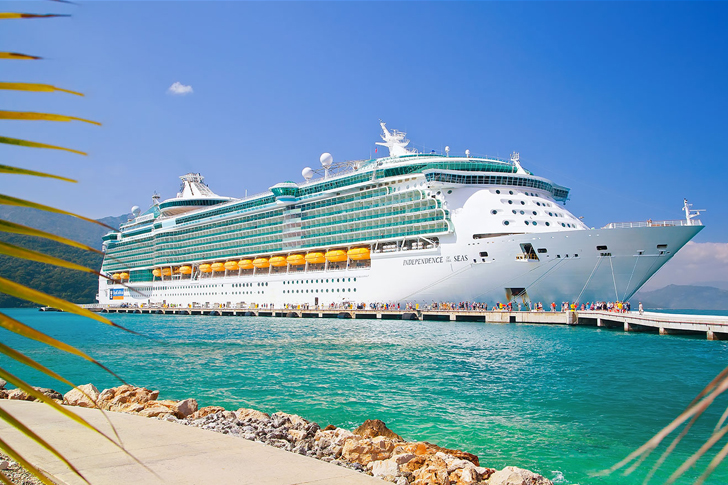Navigating Economical Cruises for Seniors
Cruising is a popular choice among senior travelers seeking to explore the world in comfort and style. With the right planning, older adults can find economical cruise options that cater to their preferences and needs. This article will guide senior travelers on how to choose affordable cruises, discussing the best times to book, choosing the right type of cruise, and offering practical tips to enhance their cruising experience.

Understanding Cruise Pricing Dynamics
The cost of a cruise can vary significantly based on several factors including the time of year, the cruise line, the length of the voyage, and the cabin type. Typically, cruises are more affordable during the off-peak seasons, which in many regions are late spring and fall. During these times, seniors may enjoy lower prices and thinner crowds. For instance, Mediterranean cruises are often cheaper in late March or November as compared to the peak summer months.
Choosing the Right Cruise Line and Ship
Different cruise lines cater to different demographics and budgets. Mainstream lines like Carnival, Royal Caribbean, and Norwegian often offer competitive pricing and frequent deals. These lines also host larger ships which can offer more amenities but can be overwhelming in size and bustling with activities and people. For seniors looking for a more relaxed, intimate experience, considering smaller ships from lines such as Viking or Oceania might be beneficial, though they can be pricier.
Securing Discounts and Deals
Many cruise lines offer special discounts for seniors. For instance, Carnival provides a discount off select bookings to travelers over 55. Joining cruise loyalty programs can also lead to savings and perks such as cabin upgrades or onboard credits. Moreover, booking through specialized travel agents who focus on senior travel can yield unadvertised discounts and customized packages.
Another tip is to monitor deal websites and last-minute offers. Websites like Vacations to Go or Cruise Critic often feature last-minute cruise deals that can be significantly cheaper than booking far in advance. However, this requires flexibility in travel dates and itineraries.
Considering the Time and Length of the Cruise
The length of the cruise can also impact the cost. Shorter cruises of about 3 to 5 days generally cost less and are a good option for first-time cruisers. Longer voyages offer better per-day rates but are more of an upfront expense. Seniors must consider their health and stamina when booking longer itineraries. Additionally, repositioning cruises, where a ship changes region and takes an unusual route, can offer unique itineraries at lower prices.
Tips for Enhancing Cruise Experience
Choosing the right cabin is crucial for comfort and budget. Interior cabins are the most economical option; however, for longer cruises, a room with a balcony might be worth the investment for the added benefit of private outdoor space.
Onboard, many cruise ships provide senior-friendly activities such as dance classes, lectures, and specially designed shore excursions. Participating in these activities can enhance the cruising experience without additional expenses.
Regarding health care, it is essential for seniors to consider cruise ships that have adequate medical facilities. It is also advisable to invest in comprehensive travel insurance that covers medical emergencies and evacuation, as Medicare and many private insurances provide limited coverage outside the U.S.
Evaluating Dining and Entertainment Options
Most mainstream cruises offer extensive dining options included in the base fare. However, upscale specialty dining can add to the costs. To save money, seniors might favor cruises that provide diverse and high-quality complimentary dining venues.
Entertainment on ships typically does not carry an additional charge unless one opts for special performances or experiences. It’s wise to research what’s included before booking to ensure the cruise offers value without necessitating constant additional expenditures.
Conclusion
Navigating economical cruise options for seniors involves careful consideration of when to book, which cruise line matches personal preferences, and how to utilize discounts effectively. By following these tips, senior cruisers can enjoy a memorable and affordable vacation, exploring new destinations with comfort and ease. Always remember to look for transparent pricing and user reviews when selecting cruises, ensuring that there are no hidden costs or disappointing surprises.
With well-planned strategies, the experience can be both enriching and exhilarating, making cruising a preferred mode of travel among seniors looking to explore the globe without breaking the bank.







Recent Comments